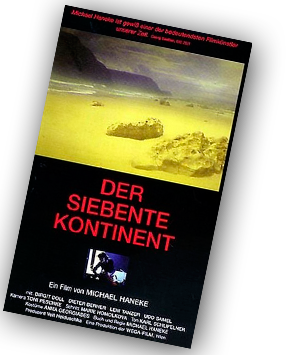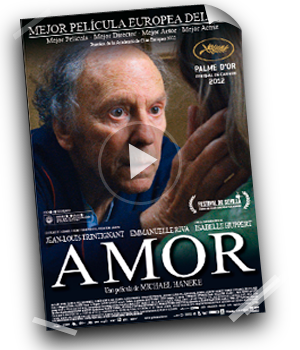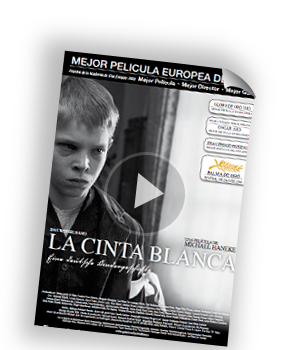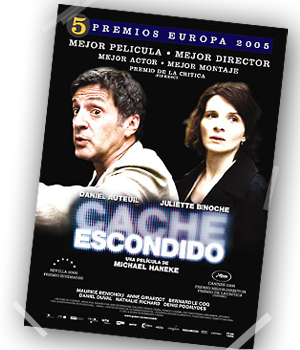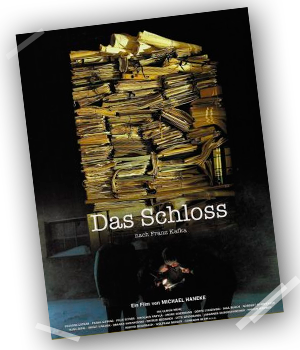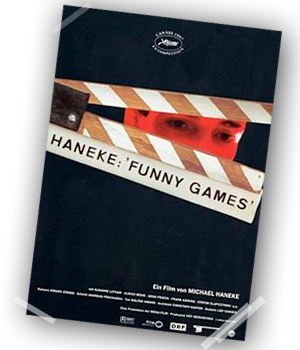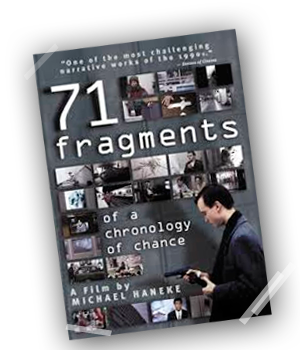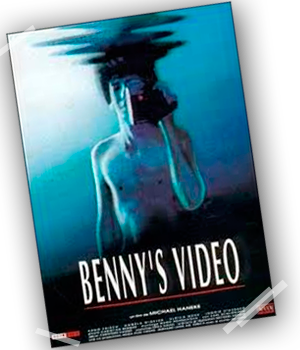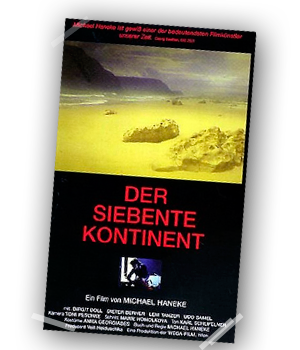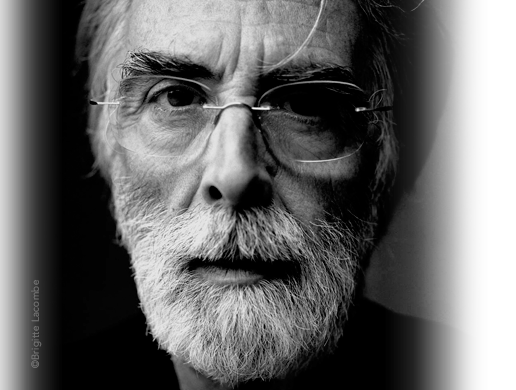
BIOGRAPHY
Considered "the poet of the cinema of discomfort", Michael Haneke (Munich, 23rd March 1942) studied Philosophy, Psychology and Theatre at the University of Vienna. His penetrating, radical gaze on society has allowed him to explore uncharted terrain to become one of the leading auteurs of contemporary European cinema. He worked as a screenwriter for Südwestfunk (Southwest Germany's public broadcasting corporation) between 1967 and 1970, since which he has worked as an independent director and screenwriter. As a playwright, he has directed stage productions in Germany and Vienna of plays by Strindberg and Goethe, as well as operas. He made his television debut in 1974 with After Liverpool, following which he directed another seven films for German television, including an adaptation of Kafka's The Castle.
His debut film was The Seventh Continent (1989), a stark analysis of the self-destruction of a middle-class Viennese family. This was the first in what Haneke conceived as a Trilogy of emotional glaciation, completed by Benny's Video (1992) and 71 Fragments of a Chronology of Chance (1994). In his relentless, personal exposure of reality, Haneke portrays situations of violence, sex and repression, often the result of isolation and the characters' lack of communication as individuals or as a group. The angst that this experience creates in the viewer is a resource that Haneke exploits to stimulate reflection about the structures and principles underlying modern society, including cinema itself. He achieved international fame in 1997 with Funny Games, a macabre game of horror and humiliation. The film's success spawned a US remake, which Haneke himself directed some years later. It is precisely in the representation of generally unjustified violence, which is suggested more than manifest, and in his unconventional narrative and visual structures where the Austrian filmmaker reveals his talent as an innovator. In 2000, he shot Code Unknown. The following year, The Pianist, based on the novel by Nobel Prize Winner for Literature Elfriede Jelinek, won the Grand Prix at the Cannes Film Festival.
Haneke once again received critical acclaim with Caché (2005), in which he narrates the ravages caused in a couple as a consequence of the appearance of videos of their daily lives filmed without their knowledge. For this film, he received the awards for Best Director at Cannes and Best Film and Best Director at the 2005 European Film Awards, among others. The White Ribbon (2009) is a black and white portrait of a rural community dominated by hypocrisy, moral rigidity and authoritarian education. Internationally acclaimed, it won the Palme D'Or at Cannes, as well as the awards for Best Film, Best Screenplay and Best Director at the European Film Awards and the Golden Globe Awards. With his latest film, Love (2012), a portrait of true, unconditional love and of the desolation and despair of physical deterioration in old age, Haneke once again won the Palme D'Or at Cannes and another Golden Globe Award, as well as the Oscar for Best Foreign Language Film.
In addition to these distinctions, Michael Haneke holds numerous other international film awards and, in 2007, was awarded the Austrian Cross of Honour for Arts and Sciences. In 2013, he received the Gold Medal from Madrid's Círculo de Bellas Artes, coinciding with the premiere of his staging of Così fan tutte at the Teatro Real.
AWARDS
-
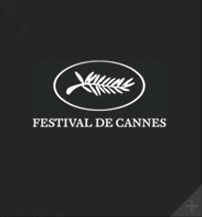
The Piano Teacher 2001 GRAND PRIX
Caché 2005 BEST DIRECTOR
The White Ribbon 2009 GOLDEN PALM
Amour 2012 GOLDEN PALM
-
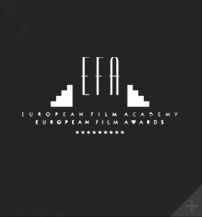
Caché 2005 BEST FILM
BEST DIRECTORThe White Ribbon 2009 BEST FILM
BEST SCREENWRITER
BEST DIRECTOR -

The White Ribbon 2009 GOLDEN GLOBE FOR BEST FOREIGN LANGUAJE FILM
Amour 2012 GOLDEN GLOBE FOR BEST FOREIGN LANGUAJE FILM
-
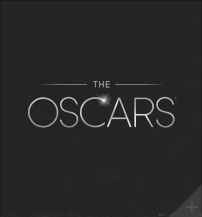
Amour 2012 ACADEMY AWARD FOR BEST FOREIGN LANGUAGE FILM
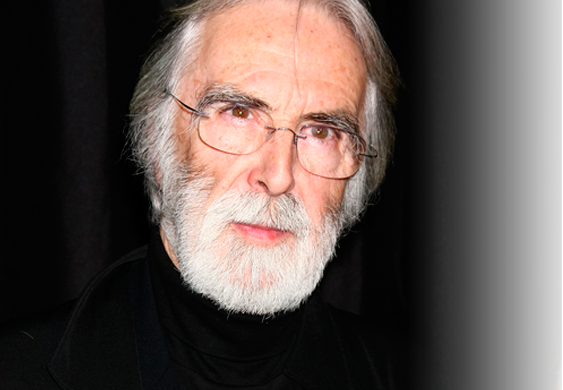
MINUTES OF THE JURY
At its meeting in Oviedo, the Jury for the 2013 Prince of Asturias Award for the Arts, made up of Mr José Luis Cienfuegos Marcello, Mr Marzio Conti, Carlos Fitz-James Stuart Martínez de Irujo, Duke of Huéscar, Mr Josep María Flotats i Picas, Mr Guillermo García-Alcalde Fernández, Ms Carmen Giménez Martín, Ms Catalina Luca de Tena y García-Conde, Mr Hans Meinke Paege, Ms Elena Ochoa Foster, Mr Vicente Todolí Cervera, Mr Carlos Urroz Arancibia, Ms Amelia Valcárcel Bernaldo de Quirós, Mr Benjamin Weil, Mr Miguel Zugaza Miranda, chaired by Mr José Lladó Fernández-Urrutia and with Mr José Antonio Caicoya Cores acting as secretary, has agreed to grant the 2013 Prince of Asturias Award for the Arts to the Austrian film director, screenwriter and playwright Michael Haneke for his filmmaking deeply rooted in European culture. Employing radical sincerity, keen observation and extreme subtlety, his work constitutes an original and highly personal approach to fundamental issues that concern and affect us both individually and collectively.
With dazzling mastery, Haneke highlights and dissects dark aspects of existence such as violence, oppression and disease, which he addresses with extraordinary formal sobriety at the same time as laying open the comforting persistence of love, trust and commitment.
With a constantly evolving filmography, which also stands out for Haneke's prodigious talent for choosing the right actors, this European creator is a major reference in contemporary filmmaking.
Oviedo, 9 of May de 2013
AMOUR (2011)
Georges and Anne are an octogenarian couple. They are cultivated, retired music teachers. Their daughter, also a musician, lives outside France with her family.
One day, Anne has a stroke. When she comes home from hospital, one side of her body is paralysed.
The bond of love that has united the couple for so many years will be severely tested.
The White Ribbon (2009)
1913-1914. Strange events occur in a small Protestant village in northern Germany which little by little take on the nature of a ritual punishment. Who is behind it all?
The children and teenagers of the school and church choir conducted by the schoolmaster, their families, the baron, the steward, the doctor, the midwife and the farmhands make up a story that reflects the origins of Nazism during the years before the First World War.
Caché (2005)
Georges presents a literary programme on TV and lives a comfortable life together with his wife and teenage son. One day he receives some parcels containing surveillance videotapes and disturbing drawings whose meaning is a mystery. He has no idea who sent them to him. Little by little, the sequences that appear in the tapes become more personal, suggesting that the sender has known him for quite some time.
Georges feels that he and his family are under threat, but, as he has no evidence of any kind of crime, the police refuses to help him.
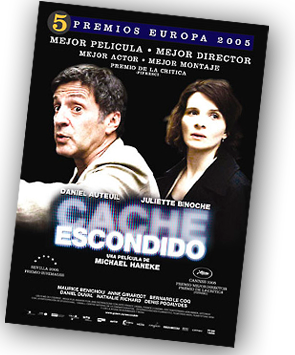
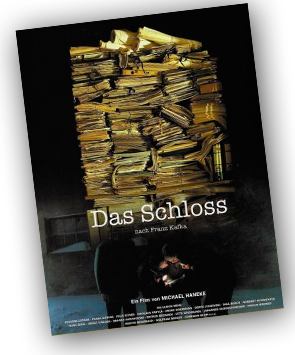
Funny games (1997)
Anna, Georg and their son Georgie are going to spend their holidays at their lovely lakeside house. Their neighbours Fred and Eva have arrived before them. The two couples arrange to play golf the next day. While the father and son get the sailing boat ready, Anna prepares dinner. Peter, a very courteous young man who is staying at the neighbour's house, turns up out of the blue to borrow some eggs because Eva has none left. Anna suddenly wonders how he has managed to get into the house. The young man explains that Fred has shown him a hole in the hedge.
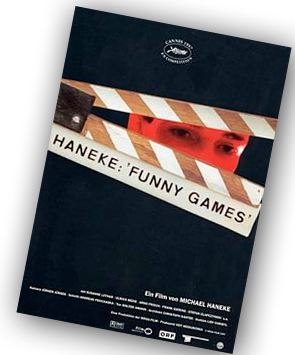
71 Fragments of a Chronology of Chance (1994)
Third part of Haneke's trilogy on violence in modern society (the other two films were The Seventh Continent and Benny's Video).
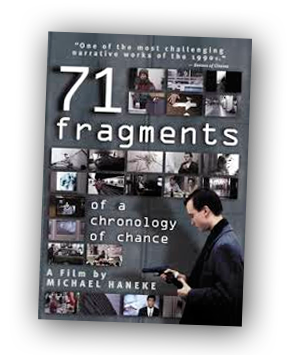
Benny's Video (1992)
Benny is a 14 year old boy from a well-to-do family whose lack of parental affection has been recompensed by a fabulous VCR.
Obsessed with using his new device, he records how a pig is shot to death, which incites him to commit a savage act himself.
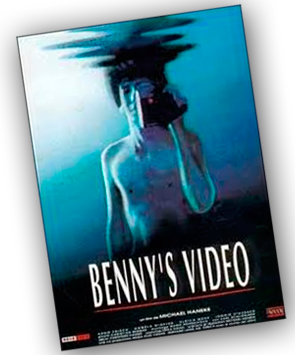
The Seventh Continent (1989)
Based on real events in which a middle-class family chooses to get rid of all their possessions and proposes to take their conception of life and materialism to the ultimate consequences.
